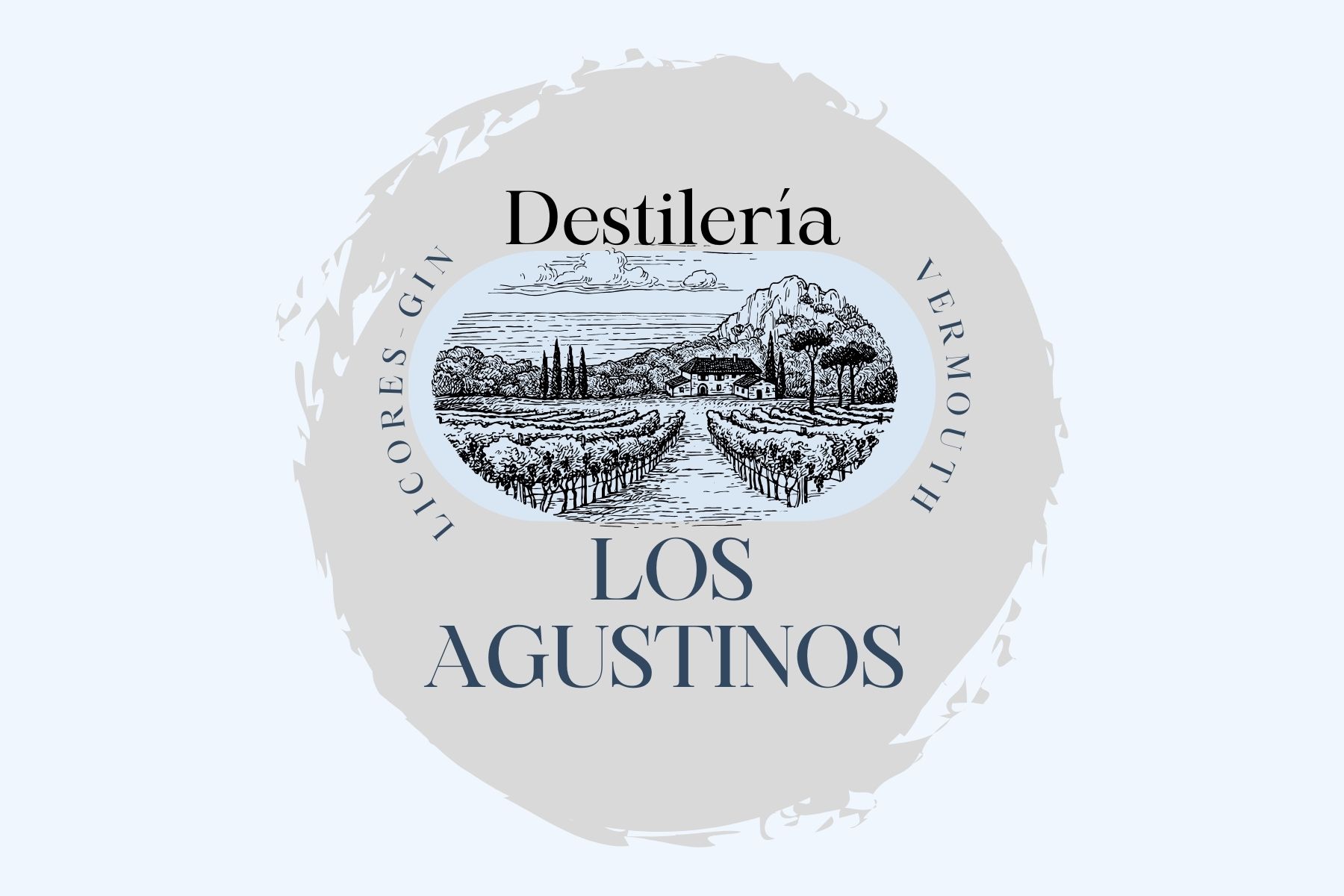The Healing Place and Refine Recovery are available 24/7 to discuss your treatment options. Their representatives will discuss whether their facility may be an option for you. Because a slip can turn into a relapse and a relapse can potentially undermine the work you have done in recovery, react as soon as you are able.
Does a Relapse Mean Failure?
Sometimes, specific people may act as triggers, such as friends that you used to drink or use drugs with. It may be a necessary part of your prevention plan and recovery process to identify and remove these people from your social circle, to avoid facing temptations. A relapse prevention planning worksheet can be helpful for those who find it difficult to write it themselves. It gives you a basic outline of what a good prevention process looks like and allows you to personalize it further to fit your unique needs and aid you during the recovery process. Addiction Relapse: Risk Factors, Coping and Treatment Write down specific places, people, or situations that might lead to relapse. Common triggers include stress, social events, or environments where substances were used in the past.
Care at Cleveland Clinic
- Substance abuse and addiction can impact every part of a person’s life.
- However, the specific details of coverage may vary depending on the insurance plan and the individual’s specific situation.
- Sometimes, specific people may act as triggers, such as friends that you used to drink or use drugs with.
- Uncomfortable feelings may arise from rejection, arguments, tension, and other related issues that can trigger a relapse.
Medication-Assisted Therapy (MAT) uses FDA-approved medications like disulfiram, acamprosate, and naltrexone to reduce cravings and block the euphoric effects of alcohol. For opioid relapse, medications such as methadone, buprenorphine, and naltrexone stabilize brain chemistry and prevent withdrawal. Regular medical monitoring ensures adherence and adjusts dosages to manage side effects. Let’s consider ketamine-assisted psychotherapy as an intervention to prevent addiction relapse without dethroning 12-step programs, detox programs, or life-saving medications. What is more, negative feelings can create a negative mindset that erodes resolve and motivation for change and casts the challenge of recovery as overwhelming, inducing hopelessness.
Physical Relapse
Individuals using stimulants like cocaine and amphetamine face a 50% relapse rate within the first year. Participating in a recovery program and building a support network is essential to preventing relapse. In addition to seeking professional treatment, you might consider joining a 12-step program or other mutual support groups. Relapse prevention therapy (RPT) was developed over 40 years ago by G.
Explore cravings and triggers
Experts in the recovery process believe https://ecosober.com/ that relapse is a process and that identifying its stages can help people take preventative action. However, a full-blown relapse can feel like a severe setback in addiction recovery. If you or someone you love struggles with challenges during recovery, find treatment and support at Archstone Behavioral Health.
- This is a group of people that includes family, doctors, counselors, self-help groups, and sponsors.
- Relapse is common because it takes time for our brain to get used to functioning and coping without the substance or behaviour.
- My SPARO framework—Stimulus, Perception, Activation, Response, Outcome—can help people navigate the emotional storms that often lead to relapse.
Substance-Specific Relapse Rates
When individuals exhibit poor self-care and live in emotional relapse long enough, eventually they start to feel uncomfortable in their own skin. As their tension builds, they start to think about using just to escape. Take care of your physical, emotional, and mental well-being during this time. Engage in activities that promote relaxation, stress relief, and self-care, such as exercise, meditation, hobbies, or spending time in nature. Work towards a healthy lifestyle and prioritize healthy habits such as eating nutritious foods, Sober living house getting enough sleep, and avoiding substances that can interfere with your recovery. Many individuals who struggle with addiction may not have developed healthy coping mechanisms to deal with stress, cravings, or difficult emotions.
